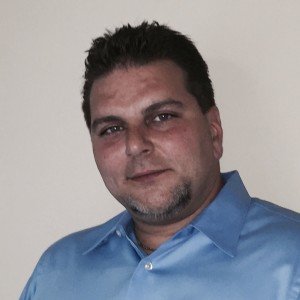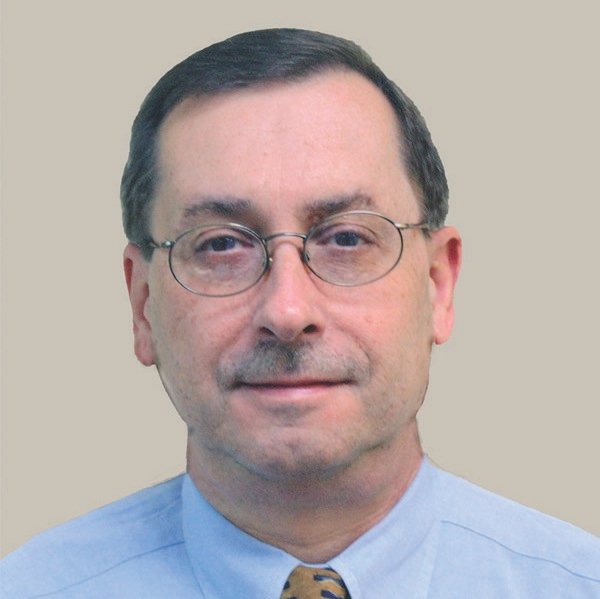 Chris Stoddard is the co-founder and CEO of Environmental Office Solutions, Inc. (EOS), based in East Hartford, Connecticut, a leading recycler of printer cartridges (toner cartridges and inkjet cartridge), fusers and cellphones. Through the recycling efforts of EOS, over 20 million pounds of materials per year are diverted away from landfills and are put to reuse.
Chris Stoddard is the co-founder and CEO of Environmental Office Solutions, Inc. (EOS), based in East Hartford, Connecticut, a leading recycler of printer cartridges (toner cartridges and inkjet cartridge), fusers and cellphones. Through the recycling efforts of EOS, over 20 million pounds of materials per year are diverted away from landfills and are put to reuse.
Chris Stoddard and Mark Tosi, Executive Vice President, founded Environmental Office Solutions in 1996. In addition to the collection, processing and warehousing facility in East Hartford, the company maintains a similar facility in the Los Angeles, California area.
In this interview with Bill Kopatich, Chris Stoddard shows how businesses and other organizations can make a positive impact on the environment while at the same time receiving financial benefits.
Bill: Chris, thanks for talking with me today about the impact your business is making on the environment by reducing common office waste and other electronic materials going into our landfills. I believe our readers will be interested in knowing how they can get involved in recycling waste from their businesses.
Chris: You’re welcome, Bill. Recycling is our passion. We try to set an example with our closed-loop, zero-waste policy at Environmental Office Solutions, where we process hundreds of tons of materials per month and nothing from our business ends up in landfills.
Bill: How did you get involved with recycling?
Chris: Actually I started getting involved when I was very young, in the late 80’s, working for my brother, who owned one of the first printer cartridge remanufacturing companies in New England. The remanufactured toner cartridges were for use in some of the earliest laser printers. As I got older, I realized that the most important material for remanufacturing printer cartridges was the used cartridge, which most people were just throwing into the trash after they were depleted. I had a vision for a business plan to put together an organization that collects the empty cartridges with the goals of eliminating waste from landfills, meanwhile finding value in recycling and reuse of them. I envisioned another environmental benefit of remanufactured cartridges – that they required fewer materials; especially plastics that are oil-based, when compared to newly manufactured cartridges.
After I developed a business plan, Mark Tosi, our Executive Vice President, and I co-founded Environmental Office Solutions in 1996. We started the business in Connecticut and several years ago we expanded with operations also in the Los Angeles, California area.
Bill: Are your recycling efforts limited to toner cartridges or do you recycle other products?
Chris: Printer cartridges, both toner cartridges and inkjet cartridges, make up the most of our cubic volume. We also collect and recycle cellphones and certain printer parts, like fusers, that wear out and can be remanufactured as well. We also bale and recycle all packing material, cardboard, paper and any plastic packing material that comes with the product
Bill: How do these items that you collect get used?
Chris: All products we collect go through our proprietary inspection and quality control processes. These products and/or components are then sold for reuse. The result is a recycled product that is fully functional and sold to businesses and consumers. Remanufactured cartridges sell for much less than OEM cartridges and are about 25% to 30% share of the overall market here in the United States. Due to the environmental benefits and lower costs of these products, our responsible recycling solutions help us meet our core mission of doing well by doing good.
Bill: It sounds like your recycling concept is quite a bit different than what we normally think of recycling, where the used products are broken down into their base materials and sold as scrap.
Chris: That’s right. Our entire focus is on reuse and recycle, while reducing landfill waste. With every 100,000 cartridges we recycle, we save over 150,000 pounds of plastic, 50,000 gallons of oil and 20,000 pounds of aluminum, operating in a responsible manner to eliminate the costs associated with producing new components from raw materials.
Bill: Is there anything you have to do to ensure the products that you collect are suitable for reuse?
Chris: Yes, although some quality control operations are more labor intensive than others, we continually strive to integrate new technology that will allow us to deliver a quality product on a consistent basis. Our ISO 9001 initiative helps guide our ongoing quality and continuous improvements.
Bill: Where do you collect the products that you are recycling?
Chris: We collect all over the United States using a number of programs. This includes programs for business, whether small offices for doctors and lawyers or very large businesses, like the insurance companies we have here in Hartford. We also work with municipalities, state agencies and other government organizations to establish closed-loop recycling programs.

